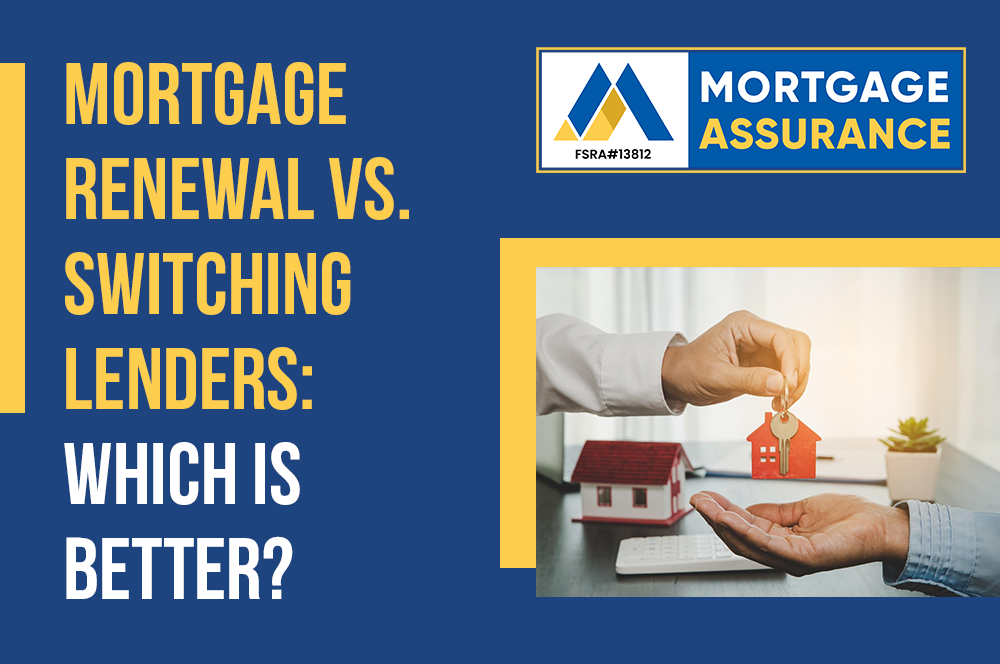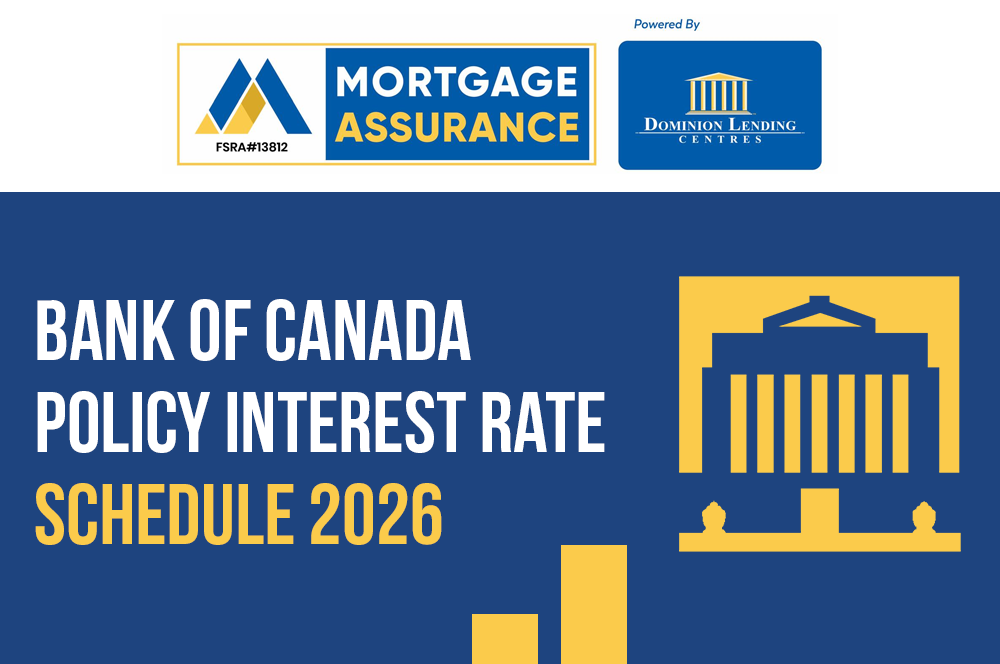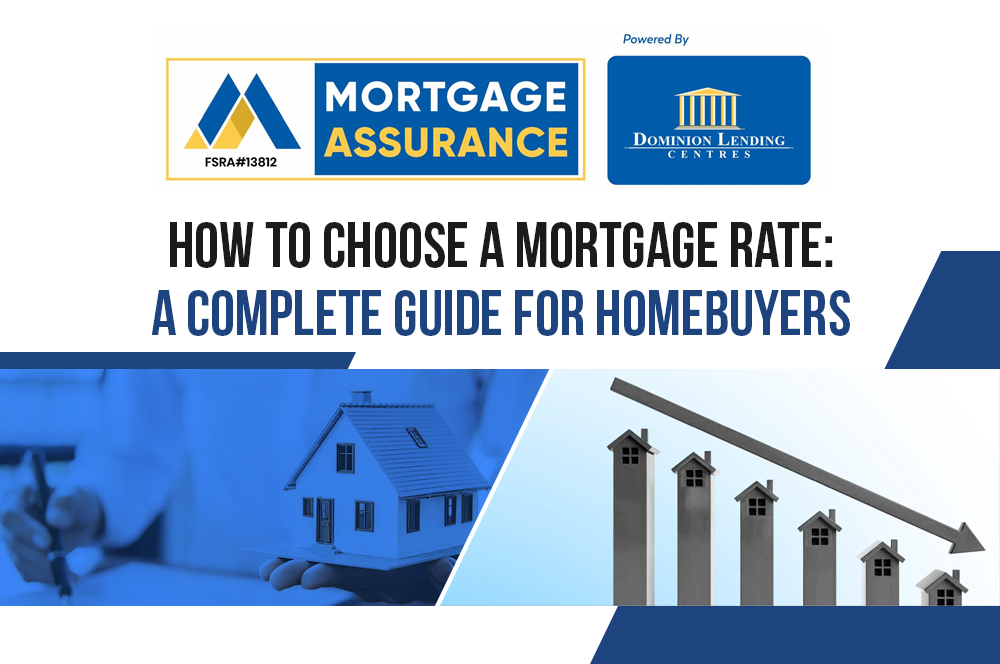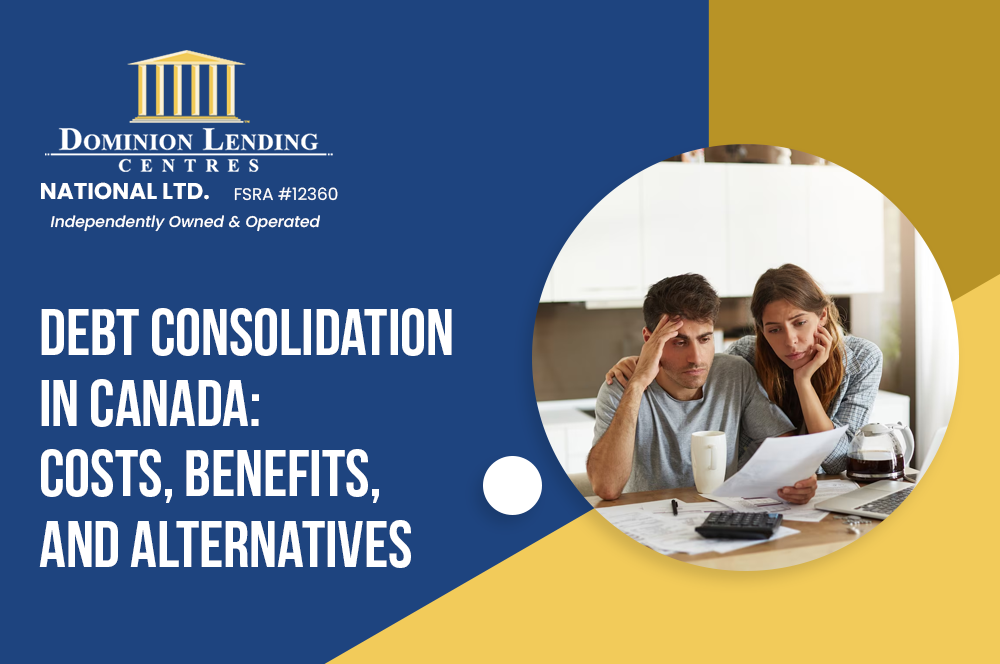If you are a US citizen interested in buying property in Canada — whether for investment, a vacation getaway, or a potential future home — you have probably heard about recent restrictions on foreign buyers. Canada’s real estate market has undergone major changes in the past few years, and it is essential to understand what’s allowed, what’s not, and what exceptions exist.
Understanding the Foreign Buyer Restrictions in Canada
To address the ongoing housing affordability crisis, the Canadian government implemented the Prohibition on the Purchase of Residential Property by Non-Canadians Act, which took effect in January 2023.
This law restricts most non-Canadians — including US citizens who are not permanent residents — from buying residential properties in Canada. The goal was to curb speculation and reduce pressure on home prices, especially in markets like Toronto, Vancouver, and Montreal.
While the law was well-intentioned, it hasn’t drastically lowered housing costs because the real issue lies in limited housing supply. However, it has created significant hurdles for Americans hoping to purchase homes north of the border.
Who Can Still Buy Property in Canada?
Despite the restrictions, there are several important exemptions that allow US citizens and other foreign nationals to purchase certain types of properties.
Here are the main exceptions:
1. Vacation or Recreational Properties
If you are looking to buy a cottage, lakefront home, or mountain chalet, good news — vacation homes are generally exempt from the foreign buyers ban. These types of properties are often located outside major urban centers and are not considered part of Canada’s limited residential housing stock.
2. Properties in Small Towns
The ban primarily targets properties in large metropolitan areas. If the town or city has a population of fewer than 100,000 residents, foreign buyers — including Americans — can typically purchase homes there.
This opens up opportunities in scenic regions such as Prince Edward County (Ontario), Kelowna (British Columbia), or Cape Breton (Nova Scotia), where smaller populations and natural beauty attract buyers seeking peace and space.
3. Temporary Residents with Tax History
If you are a temporary resident — for example, on a work or study permit — and have filed Canadian income taxes for at least three of the past four years, you may also be eligible to purchase property.
This exemption recognizes foreign nationals who have been contributing to the Canadian economy and intend to make the country their long-term home.
Financial and Legal Considerations for US Buyers
Once you determine that you qualify to buy property, the next step is understanding how to finance and manage the legal aspects of your purchase.
1. Opening a Canadian Bank Account
To buy real estate or obtain a mortgage, you’ll likely need to open a Canadian bank account. This helps streamline payments for deposits, property taxes, and mortgage installments.
2. Getting a Canadian Tax Number
You will also need a Canada Revenue Agency (CRA) tax number, especially if you plan to rent out the property. Non-residents are subject to Canadian income tax on rental income and may also owe capital gains tax if the property is sold later.
3. Mortgage Requirements for Non-Residents
Canadian banks do lend to non-residents, but the process differs slightly:
- Down payment: Typically around 35%, compared to 20% for Canadian residents.
- Interest rates: May be slightly higher for non-resident mortgages.
- Documentation: You may need to provide proof of income, credit history from a US bank, and a letter of reference.
Working with a mortgage broker experienced in cross-border financing can make the process smoother and help you find the best rates available to foreign buyers.
Costs Involved in Cross-Border Property Transactions
In addition to the purchase price, foreign buyers should budget for several extra costs and taxes that come with real estate transactions in Canada. These include:
- Appraisal fees: To determine fair market value.
- Land transfer tax: Charged by the province or municipality upon purchase.
- Legal fees: For real estate lawyer services and document preparation.
- Title insurance: Protects against ownership disputes or fraud.
- Provincial sales taxes: May apply on new or pre-construction properties.
Each province has its own tax structure. For example, Ontario and British Columbia previously imposed additional foreign buyer taxes, but the federal prohibition currently supersedes many of these policies.
Because laws can change, it is best to consult both a real estate lawyer and a cross-border tax specialist before finalizing any purchase.
Choosing the Right Property and Location
Where you choose to buy can significantly impact both your investment potential and lifestyle.
Here are a few things to consider:
- Affordability: Eastern provinces like Nova Scotia, Newfoundland, and New Brunswick tend to offer more affordable housing than western provinces such as British Columbia or Ontario.
- Purpose: Are you buying a vacation property, rental investment, or future home? Each has different tax and financing implications.
- Accessibility: Consider proximity to airports, healthcare, and cross-border travel convenience.
- Local rules: Zoning laws and provincial regulations may vary, especially for short-term rentals or agricultural land.
Working with a licensed Canadian real estate agent who understands cross-border transactions is highly recommended. They can guide you through property searches, negotiations, and compliance with federal and provincial laws.
Frequently Asked Questions (FAQ)
1. Can a US citizen own property in Canada?
Yes — under certain conditions. You can own Canadian property if:
- You are a Canadian permanent resident or dual citizen.
- You are married to or in a common-law relationship with a Canadian citizen.
- You hold a temporary work or study visa and intend to apply for permanent residency.
Even if none of these apply, you may still buy vacation or rural properties in towns with fewer than 100,000 residents.
2. Can I buy a house in Canada if I’m not a permanent resident?
Certain groups are exempt from the foreign buyers ban, including:
- Temporary residents who meet specific tax criteria.
- Refugees and protected persons.
- Indigenous individuals registered under the Indian Act.
- Non-Canadians purchasing property jointly with a Canadian spouse or partner.
So, even without permanent residency, you can still buy under specific exemptions or for vacation purposes.
3. Does owning property in Canada grant permanent residency or citizenship?
No. Buying property in Canada does not make you a permanent resident or citizen.
If your goal is to move to Canada, you must apply through an official immigration program such as Express Entry, Provincial Nominee Programs (PNP), or family sponsorship.
4. How long must I live in Canada to qualify for a mortgage?
For a standard resident mortgage, you typically need:
- Permanent resident status
- At least three months of full-time Canadian employment
- A Canadian credit history and bank reference
However, many banks offer non-resident mortgage options, especially for US citizens with strong financial backgrounds and verifiable income.
Final Thoughts
While Canada’s foreign buyer restrictions have made it more challenging for non-residents to invest in Canadian real estate, US citizens still have several pathways to owning property — particularly for vacation home mortgages or small-town investments.
The key is to understand the legal requirements, budget for additional costs, and work with professionals familiar with cross-border real estate transactions.
With proper planning, buying property in Canada as a US citizen can still be a smart and rewarding investment — whether you are looking for a serene lakeside retreat or a long-term foothold in one of the world’s most stable economies.






